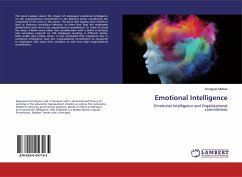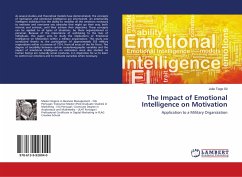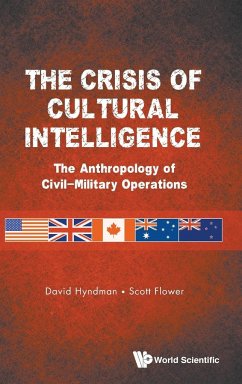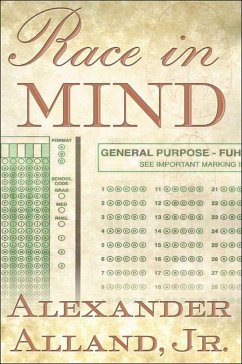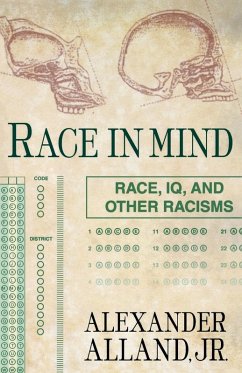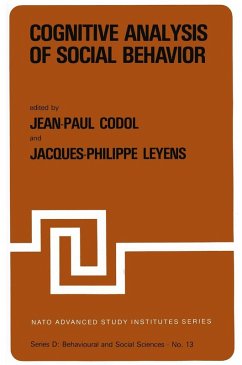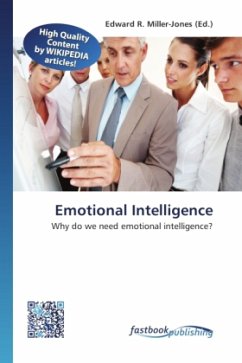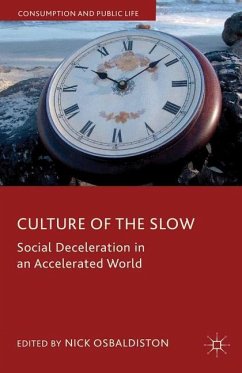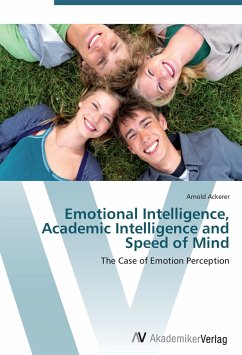
Emotional Intelligence, Academic Intelligence and Speed of Mind
The Case of Emotion Perception
Versandkostenfrei!
Versandfertig in 1-2 Wochen
39,99 €
inkl. MwSt.

PAYBACK Punkte
20 °P sammeln!
Revision with unchanged content. Emotional Intelligence (EI) was proposed as an intelligence to explain differences in emotional and non-emotional information processing in the 1990s. The lack of adequate objective measures for ability-EI, though, resulted in concentrating on trait-EI. Here, an innovative approach employing Mental Speed (MS) tackled the criterion problem for emotional test items. Thus, the relationship between MS, EI and academic intelligence was investigated. Emotional and non-emotional tests following a simple reaction time and the Posner paradigm were constructed and admini...
Revision with unchanged content. Emotional Intelligence (EI) was proposed as an intelligence to explain differences in emotional and non-emotional information processing in the 1990s. The lack of adequate objective measures for ability-EI, though, resulted in concentrating on trait-EI. Here, an innovative approach employing Mental Speed (MS) tackled the criterion problem for emotional test items. Thus, the relationship between MS, EI and academic intelligence was investigated. Emotional and non-emotional tests following a simple reaction time and the Posner paradigm were constructed and administered along with Raven's APM to 121 students at Hiroshima Univ., Japan (59 Japanese nationals, 62 international students). Results indicated two separate factors, one for emotional and one for non-emotional information processing. This overall picture was confirmed in different subgroups and in a retest with 48 participants. Due to the concise but well-rounded introduction into three different psychological concepts - EI, MS and Academic Intelligence - this book makes an interesting reading not only for researchers but also for students of psychology, education or other social sciences and the interested public.



